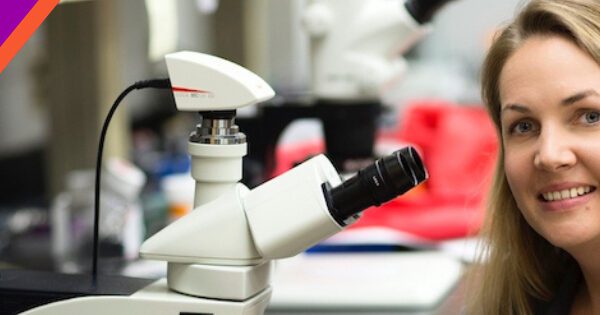
Immunoparisitology Collection in The JI: Q&A with Guest Editor Tajie H. Harris
The Journal of Immunology has published a new special collection, “Immunoparasitology: Parasites as Drivers of Immune Discovery,” guest edited by…

The Journal of Immunology has published a new special collection, “Immunoparasitology: Parasites as Drivers of Immune Discovery,” guest edited by…
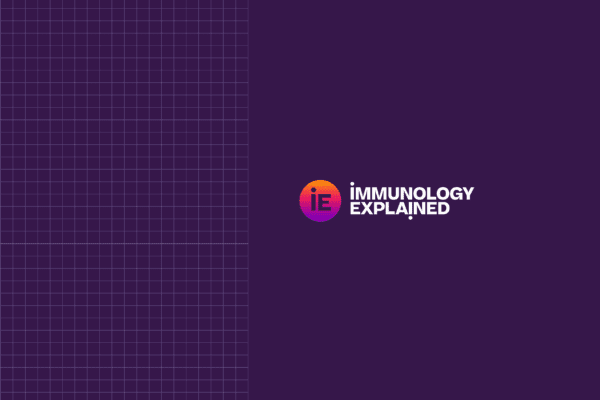
Immunology Explained connects immunology to overall health, helping people understand its link to common concerns such as allergies, childhood vaccines, infection, and even cancer.

Researchers investigated the effects of radiation exposure on memory CD8 T cells based on their history of antigen exposure.
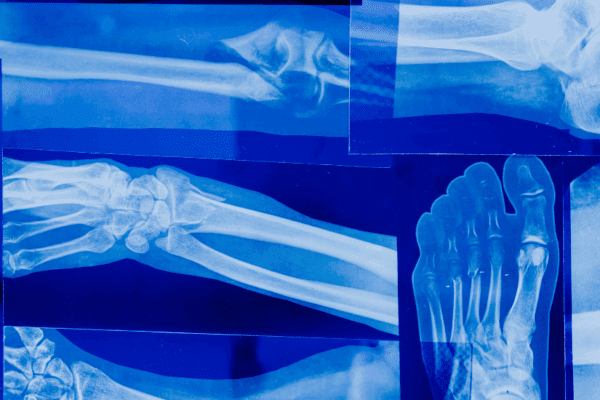
New data in The Journal of Immunology suggests that inhibition of C3 could have therapeutic applications in osteoporosis.

Research identified patterns in markers of the immune system that could lead to personalized veterinary care for dogs from simple blood tests.
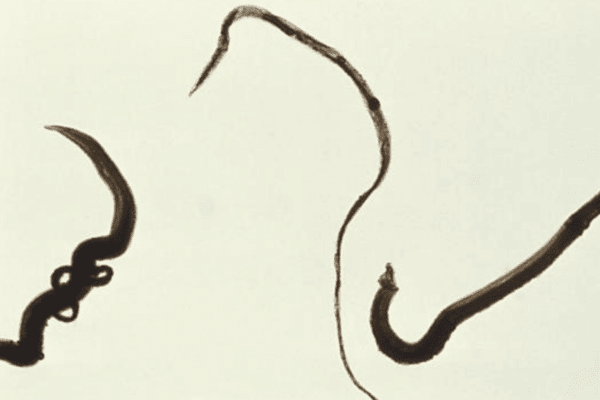
New research, published in The Journal of Immunology, discovered that a parasitic worm suppresses neurons in the skin to evade detection.
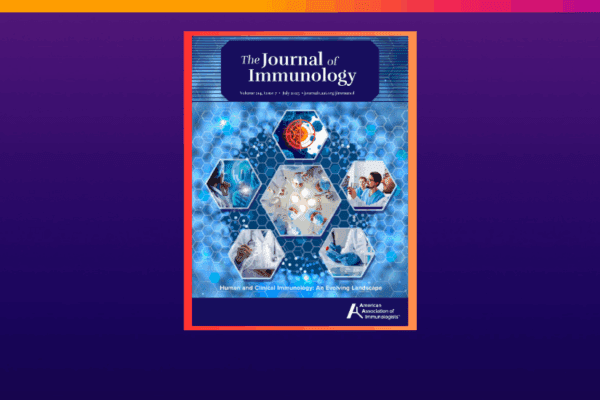
AAI News & Views spoke with Dr. Roshini Abraham about the future of human and clinical immunology in The Journal of Immunology.

An exciting discovery reveals that nurse shark pancreas contains organized immune tissue in the form of B cell follicles.

There has never been a more exciting time in immunology. But what happens after the discovery? How do we ensure that the knowledge generated informs clinical and public health decision-making? Professor Miles Davenport provides expert insight.
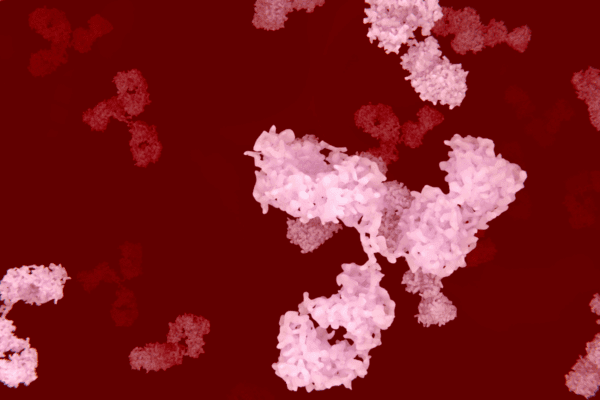
Healthy individuals had significantly higher ICAM-1 autoantibody levels raising questions about immune regulation.